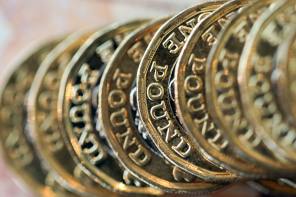
Responding to a letter to the Work and Pensions committee dated April 21, Glen highlighted the role of HMRC, arguing that it could not use its discretion to waive taxes in pension liberation cases as the facts of the case demonstrate that the person involved received or expected to receive a payment from the scheme which was not authorised by the laws enacted by Parliament.
The letter was in response to one from Stephen Timms, MP and chairperson of the Work and Pensions committee last month, asking if HMRC was monitoring the “quality and consistency” of its service and its treatment of pension scam victims.
Glen began by stating that HMRC “continues to make progress” on a number areas highlighted by the committee, including improvements to its communications and published guidance, and working with industry to understand some of the recommendations made.
He said it was important to note that HMRC is responsible for administering pension tax legislation and ensuring that the tax relief provided on contributions to pension savings is used for its intended purpose and not abused.
“This ensures fairness and prevents those who access their savings in a manner other than the way legislation permits from unfairly benefitting,” he said.
In his letter, Timms asked what powers HMRC has to waive unauthorised payments tax charges, and whether the government would step in with further legislation if HMRC claims it is unable to stop pursuing the tax penalties of victims of pension liberation fraud.
He cited the Work and Pensions committee's report into scams published in March 2021 and recognised that pension freedoms had put savers at a greater risk of being scammed.
Under current rules, pension holders are liable to be taxed if they, or anyone connected to them, access funds from their pension before their normal minimum pension age.
Early pension access as part of pension liberation scams represent the most common form of unauthorised payment, according to the committee’s report.
These scams involve a fraudster making false promises to encourage someone to access their pension before the age of 55, usually leaving the victim with a substantial tax bill.
“Many people involved in pension liberation claim publicly they are victims of pension scams and did not set out to avoid tax.” - John Glen, economic secretary at the Treasury




